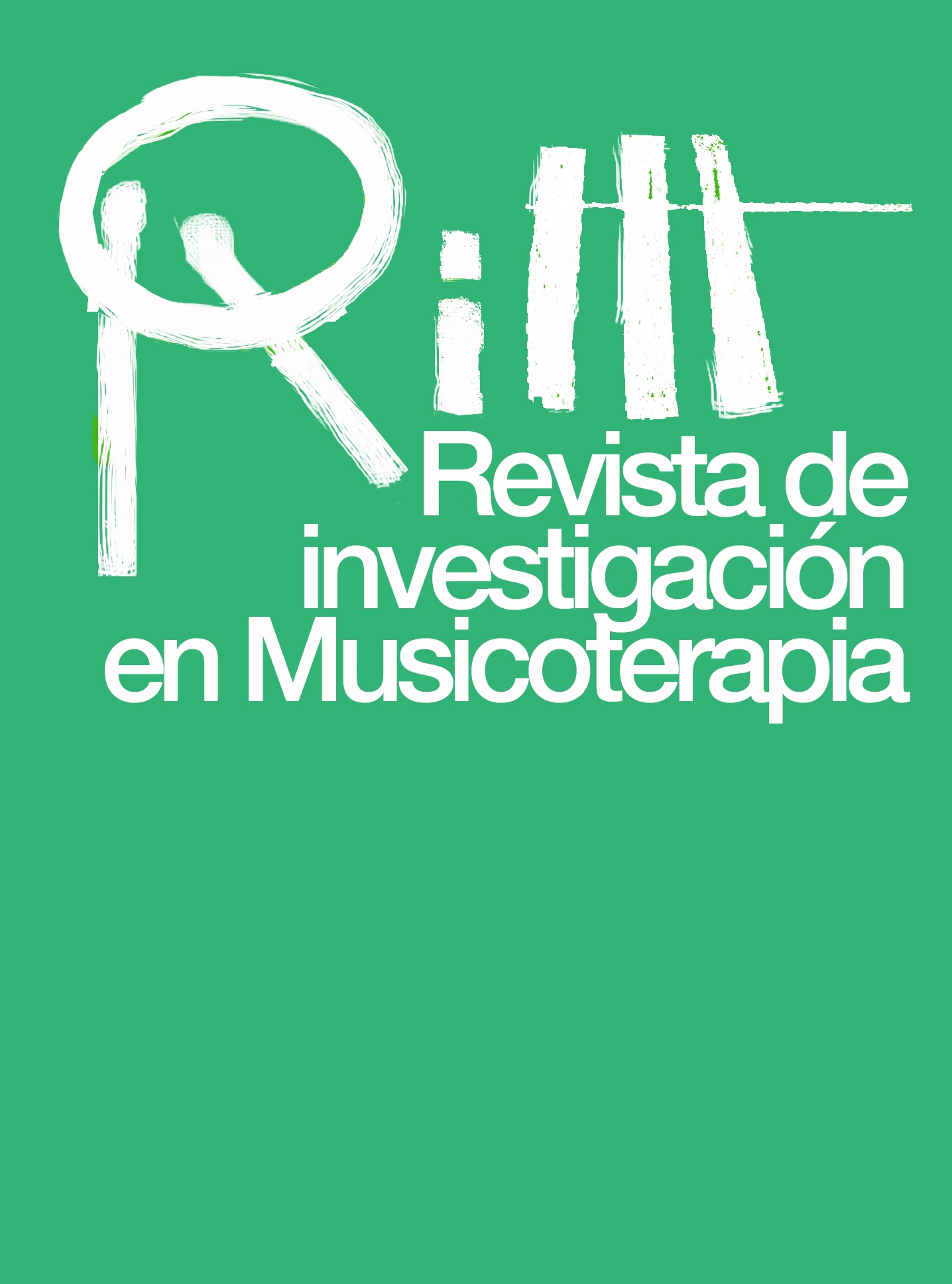Influence of music therapy on the well-being and mental health of university students: a systematic literature review
Keywords:
Wellness, Music Therapy, Mental health, UniversityCopyright (c) 2025 Revista de Investigación en Musicoterapia

This work is licensed under a Creative Commons Attribution-NonCommercial-NoDerivatives 4.0 International License.
Abstract
Music therapy, recognised for its benefits in mental health and emotional well-being, is explored in this systematic review as an intervention for university students facing academic and personal stress. This article evaluates how music therapy can positively contribute to academic performance and foster a healthy educational experience, considering the unique challenges faced by this population group. In addition, it examines the ability of music therapy to provide a space for emotional expression and social connection, crucial for the management of certain common emotional disorders in students. Using the PRISMA protocol, an exhaustive search was conducted to select peer-reviewed studies published since 2019, focusing on the effectiveness of music therapy in university contexts. The main conclusion highlights the importance of integrating music therapy into university support services, proposing a holistic approach to improve the mental health and general well-being of students.
Downloads
References
Aalbers, S., Spreen, M., Pattiselanno, K., Verboon, P., Vink, A. y van Hooren, S. (2020). Efficacy of emotion-regulating improvisational music therapy to reduce depressive symptoms in young adult students: A multiple-case study design. The Arts in Psychotherapy , 71. https://doi.org/10.1016/j.aip.2020.101720
Marcos Treceño, G., y Arias Gago, AR (2024). The use of music therapy techniques as an educational tool: A systematic review. Research Studies in Music Education, 46 (2), 230-256. https://doi.org/10.1177/1321103X231192370
Muñoz, S. T., Salazar, S. L. S., Manchay, R. D., Illescas, M. C., Gutierrez, S. C. H., & Chero, M. J. S. (2020). Musicoterapia en la reducción del estrés académico en estudiantes universitarios. Medicina naturista, 14(1), 86-90.
Page, M. J., McKenzie, J. E., Bossuyt, P. M., Boutron, I., Hoffmann, T. C., Mulrow, C. D., ... & Moher, D. (2020). The PRISMA 2020 statement: An updated guideline for reporting systematic reviews. BMJ, 372, n71. https://doi.org/10.1136/bmj.n71
Vasylevska-Skupa, L., Onofriichyk, L., Teplova, O., Kushnir, K., & Shvets, I. (2024) Harmonizing the mind: Exploring the psychological impact of vocal therapy on music university students. Convergências - Revista de Investigação e Ensino das Artes, VOL XVII (34), 121-134. https://doi.org/10.53681/c1514225187514391s.34.270
Vidas, D., Nelson, NL y Dingle, GA (2023). Effectiveness of the Tuned In music emotion regulation program in international university students. Psychology & Health , 40 (1), 105–125. https://doi.org/10.1080/08870446.2023.2197007
Yan, D., Wu, Y., Luo, R. y Yang, J. (2024). Bedtime music therapy for college students with insomnia: A randomized assessor-blinded controlled trial. Sleep Medicine , 121 , 326-335. https://doi.org/10.1016/j.sleep.2024.07.018
Zhang, M. & Lay, Y. F. (2024). Therapeutic benefits of music in reducing psychological anxiety. Journal of Pedagogical Research, 8(3), 133-146. https://doi.org/10.33902/JPR.202427508
Zhang, Y. (2022). The impact of group singing on students’ psycho-emotional state. Revista Música Hodie , 22 . https://doi.org/10.5216/mh.v22.69631
